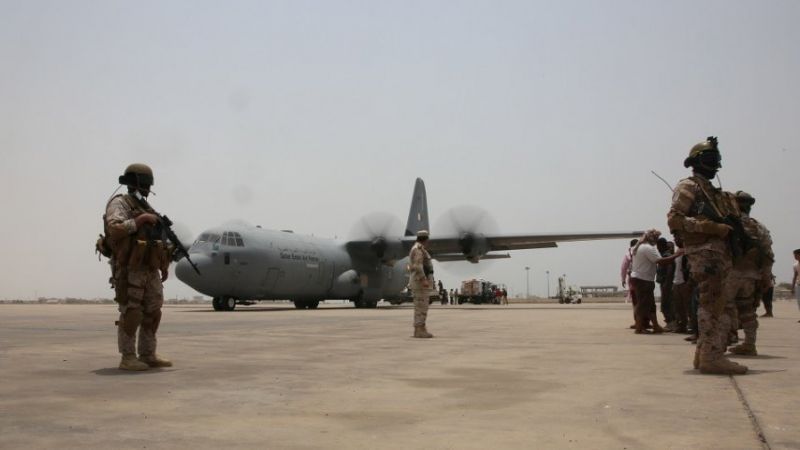
Local Editor
A United Arab Emirates' military drawdown in Yemen is building momentum for a nationwide truce this year, bolstering efforts by the Saudi-led coalition it is part of to end a war that has tarnished the image of U.S.-allied Gulf states.
Two diplomatic sources said talks could start by autumn on expanding a U.N.-led truce already in place in the port city of Hodeida to a broad ceasefire.
This could pave the way for negotiations on a political framework to end the war between Yemen’s Houthis and forces backed by the coalition, they said.
The UAE has concluded that the four-year-old war cannot be won militarily while it is under close scrutiny by the West, a conviction shared by Riyadh, and while tensions over Iran are increasing fears of war in the Gulf, according to two diplomats and a regional source familiar with the situation.
There is now "real momentum" for a cessation of hostilities by December, a source in the region familiar with the matter said, though "a million things could still go wrong".
"They (the UAE) don't want to keep getting beaten up over a war they can't win," said the source, who declined to be identified because of the sensitivity of the matter.
The war has been in a military stalemate for years. The coalition has air supremacy but has been criticized for attacks that have killed thousands of civilians. The Houthis are strong guerrilla fighters and cross-border attacks on Saudi cities also make it more difficult for Riyadh to pull out of the war.
Saudi Arabia and the UAE are leading the Western-backed Sunni Muslim coalition that intervened in Yemen in 2015 to try to forcefully reinstate the resigned regime of former president Abd Rabbu Mansour Hadi.
But securing an end to hostilities is also difficult because of mistrust on all sides and competing agendas among Yemen's fractious groups.
"The Saudis are on the same page (as the UAE). They want to see an end (to the war), but they are understandably concerned about every attack on them," a Gulf official said.
Abu Dhabi said its decision to remove troops and hardware deployed for an offensive last year on Hodeida was taken more than a year ago in coordination with Riyadh.
But the UAE remains part of the coalition command structure, will continue to back some 90,000 Yemeni troops it has armed and trained, and will maintain counter-terror operations in Yemen, a diplomat and a Gulf source said.
The coalition's limited military gains have been achieved by UAE-backed Hadi forces that seized the southern port of Aden, now the headquarters of the regime, and some coastal towns. The Houthis control Sana’a, Hodeida and most urban centers.
Though the UAE decision was taken before the oil tanker explosions in the Gulf in May, three sources familiar with the decision said that mounting tensions with Iran over a longer period were also a factor.
Western criticism of the Yemen war has also intensified, impacting strategic ties and arms deals, several diplomats said.
U.S. lawmakers are pushing through legislation to curb arms sales to Saudi Arabia and the UAE, although U.S. President Donald Trump has said he will veto the moves.
Some countries including Germany and Sweden have restricted arms sales to coalition members over the war, which has spawned an urgent humanitarian crisis in the long-impoverished country where more than three-quarters of the population need aid.
Discomfort in the UAE, a federation of seven emirates, also played a part, two diplomats said. More than 100 Emirati soldiers, largely drawn from poorer emirates such as Ras al-Khaimah, have been killed in the war.
"This is the beginning of the end of the Saudi-led coalition phase in Yemen," the first diplomat said.
source: News Agencies, Edited by Website Team